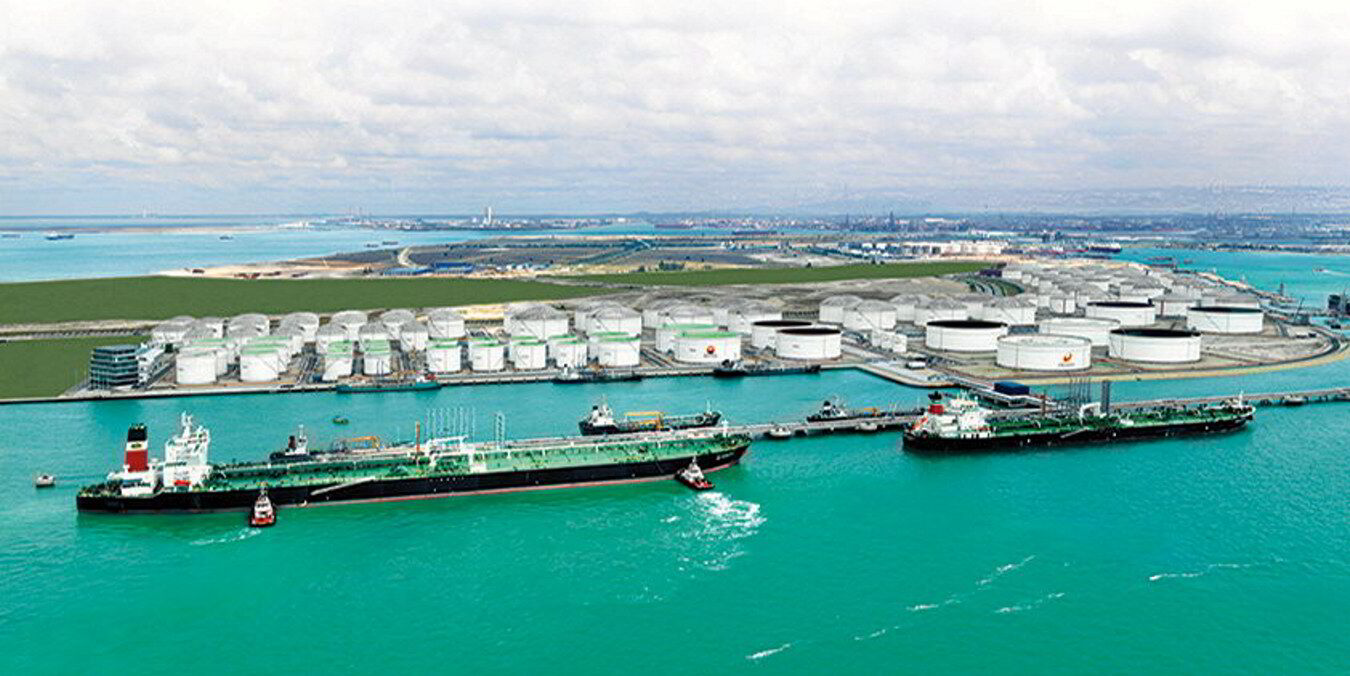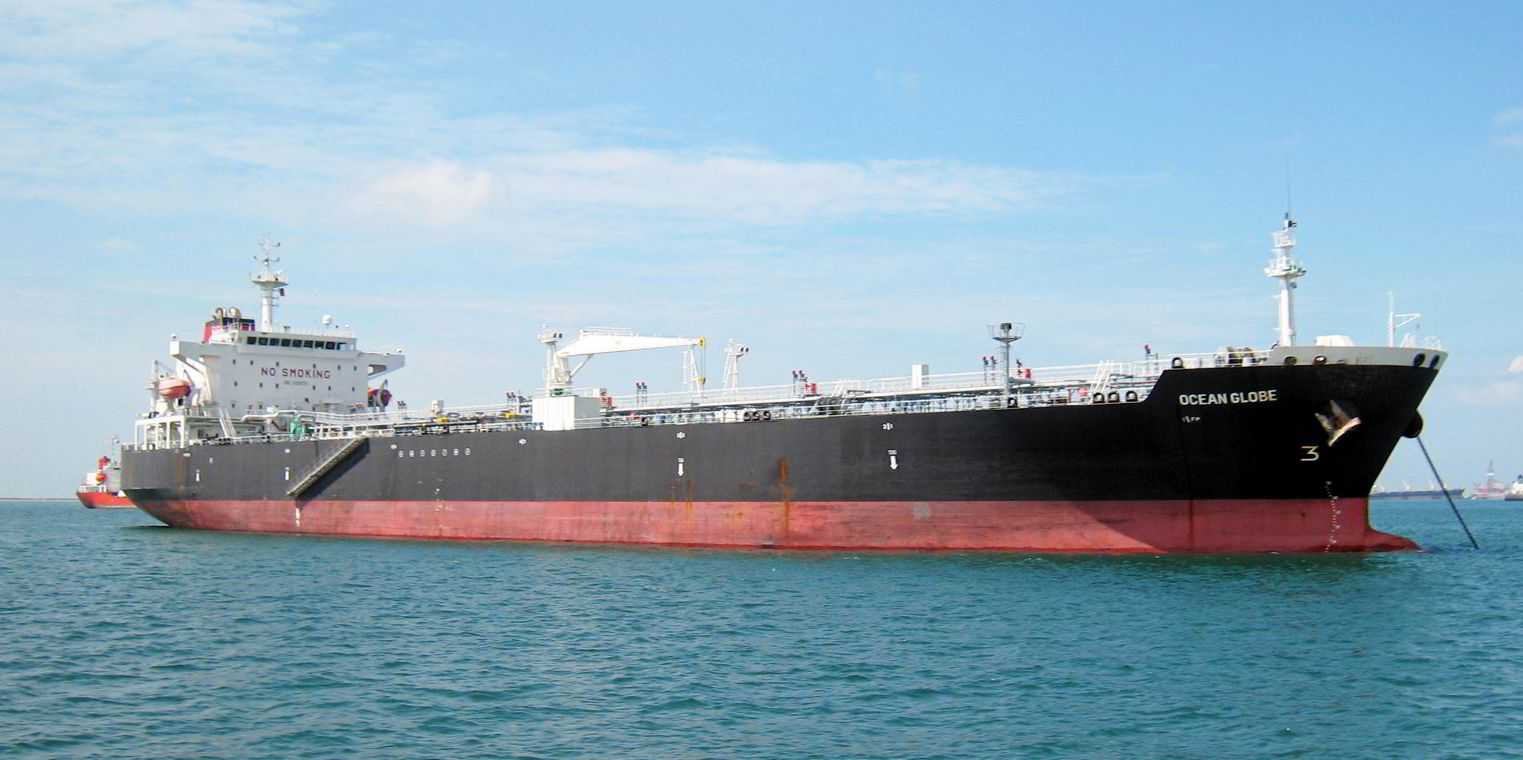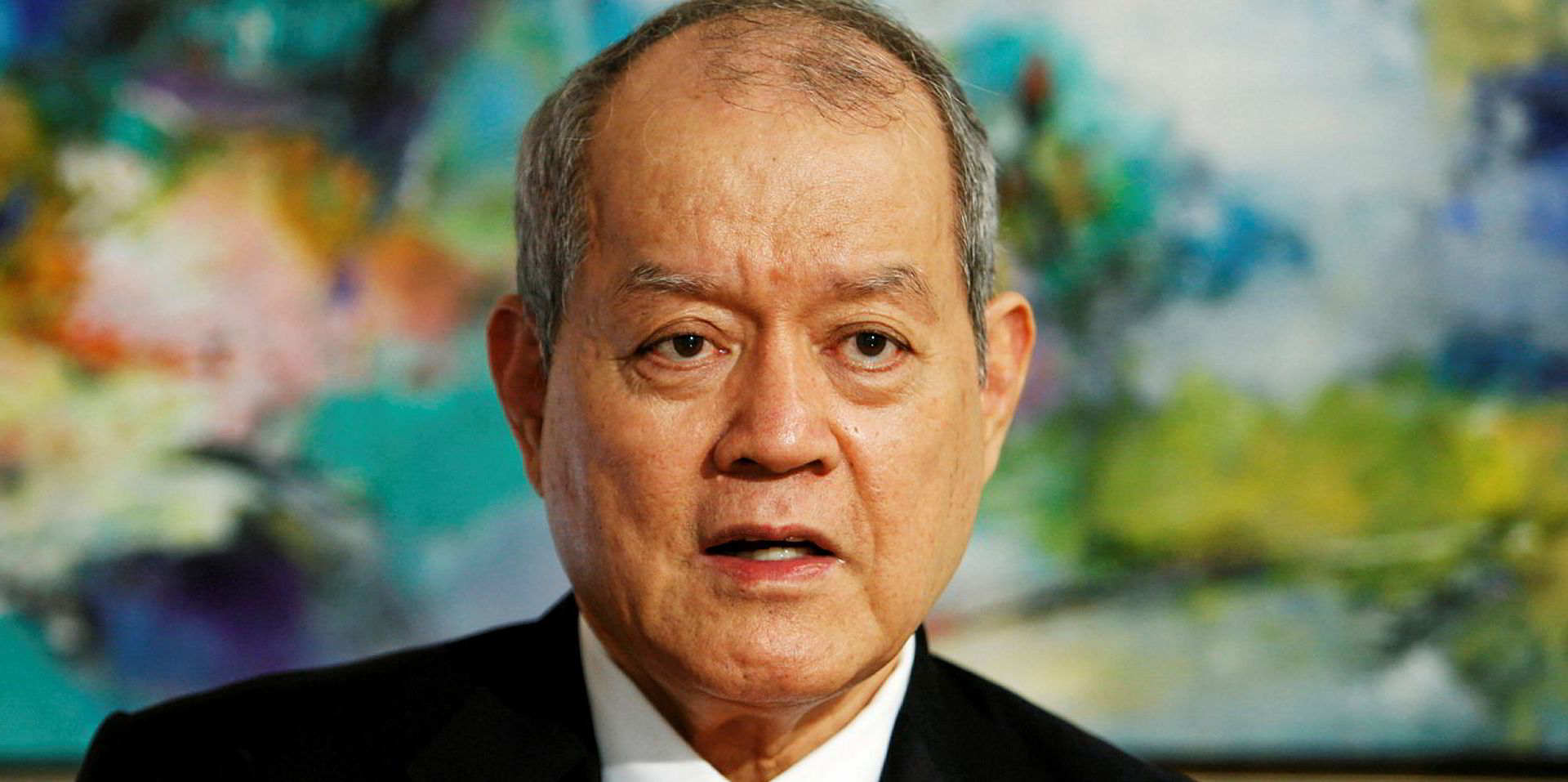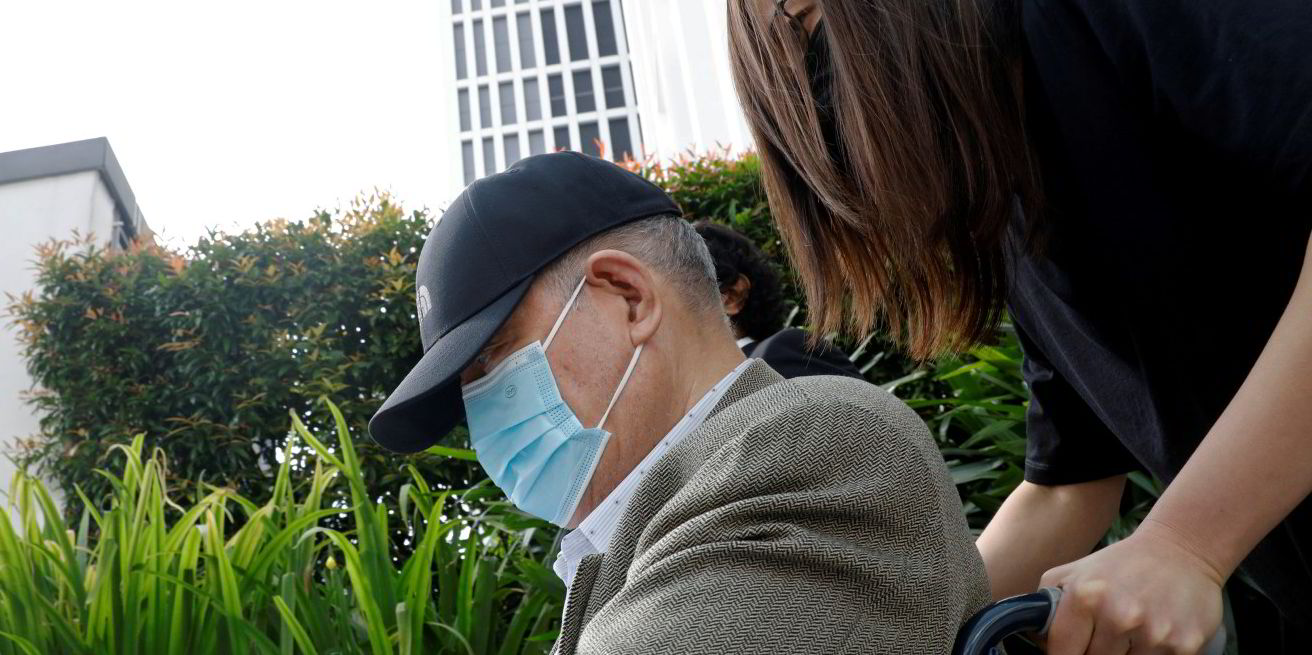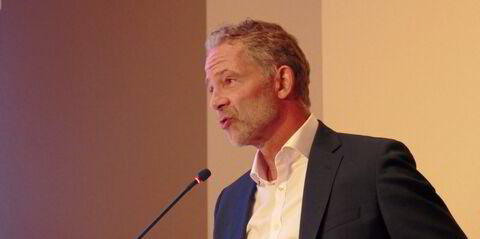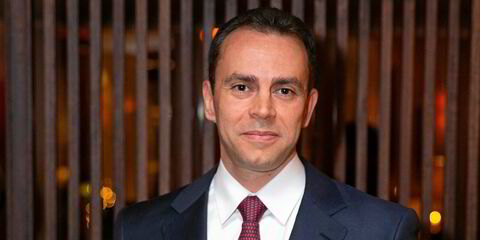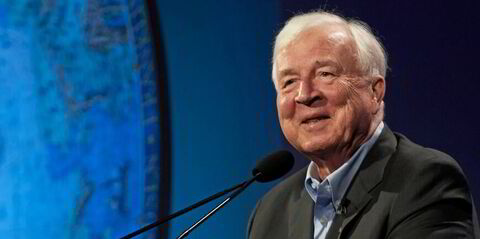Hin Leong founder Lim Oon Kuin, his son Evan Lim and daughter Lim Huey Ching this week agreed to settle a $3.5bn civil case brought by the liquidators of their failed oil trading and tanker empire.
The catch is that the Lims have said they will be filing for bankruptcy, as they do not have enough assets to settle all the claims filed against them since the collapse of their business in April 2020.
A Mareva injunction to freeze the family’s assets worldwide has been extended by the court.
So far, several of the family’s properties in upmarket residential districts of Singapore have been sold, bringing in about $75m.
While the family agreed to the settlement, they have not admitted liability for the allegations of fraudulent trading and breaching fiduciary duties as directors that were made against them by the liquidators, who sued them in August 2020.
The Lims explained in their written declarations filed with the court that they offered to assent to the judgment without acknowledging liability because they did not want to use up any more of the court’s time or resources.
On 30 September, the High Court of Singapore also approved a consent judgment that the Lim family had made with HSBC Holdings, which had sued them and Lim Oon Kuin’s personal assistant, Serene Seng, for $85.3m in damages.
HSBC alleged that the Lim family and Seng fabricated non-existent transactions so that Hin Leong could obtain $111.7m in disbursements from the bank.
Additional claimants who have agreed settlement offers from the Lims are Credit Agricole and Sembcorp Cogen. Other claimants, the Lims said, have requested more time to reply to the offer.
According to Hin Leong’s liquidators, the company sustained net losses of about $808.2m in futures and swaps trading made between 2010 to 2020, which were concealed in financial statements by creating fictitious swap trades.
Lim Oon Kuin, in an initial affidavit filed when Hin Leong first was seeking protection from creditors in April 2020, candidly explained that the company had suffered around $800m in futures losses over the years, but these were not reflected in its financial statements.
He admitted that he gave instructions to the finance department to hide these losses by listing them as trade receivables in company accounts.
He also admitted to secretly selling some of the millions of barrels of oil inventories the company had pledged as collateral for its loans.
Lim told his employees he would take responsibility “if anything went wrong”.
This scheme worked well for several years until oil prices collapsed in March 2020.
Market sources suggest Hin Leong bought large quantities of low-sulphur bunker fuel and aviation jet fuel before prices crashed. The coronavirus pandemic exacerbated problems by reducing demand for oil products, especially jet fuel and bunkers.
Whereas Hin Leong would ordinarily have waited for the spot price to rise to an attractive level before selling its oil and fuel stocks, it had to sell cargoes to stem losses and survive the severe strain on its cash flow.
The company was hit by margin calls by numerous banks in March and April 2020, which led to a severe depletion of its cash reserves. There were insufficient funds to pay all the margin calls and the company risked being in default of its trade finance facilities.
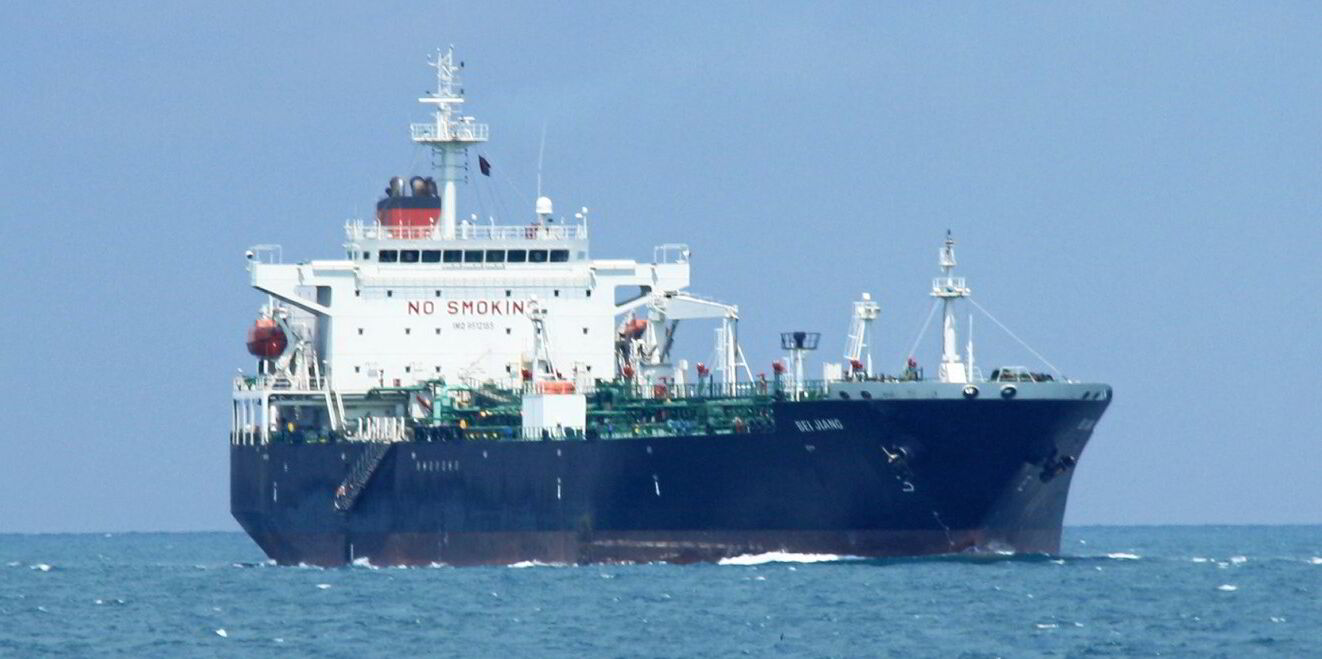
Hin Leong’s collapse was immediately followed by the collapse of four other separate but closely affiliated companies for which founder Lim Oon Kuin, together with his son and daughter, were the shareholders, including tanker operator Ocean Tankers and shipowner Xihe Holdings.
This led to one of the biggest fleet sell-offs in recent history as more than 140 vessels ranging from small coastal product and bunker tankers to VLCCs were systematically sold in a controlled manner.
Although settlements for civil cases have been reached, Lim Oon Kuin’s legal troubles are far from over.
He is due to be sentenced on 15 October in a separate criminal trial in which he was found guilty of cheating and forgery offences. He faces a potential jail term of up to 10 years as well as fines.
